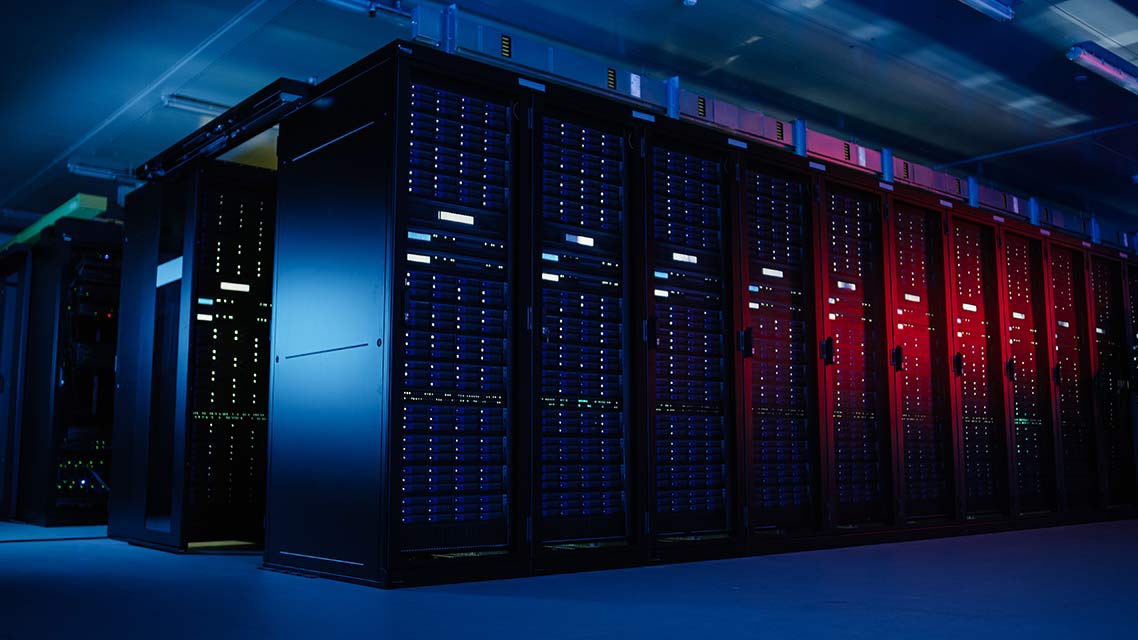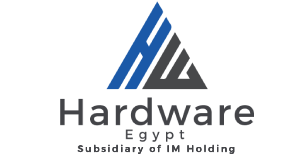Dedicated Server – Price to Capabilities and Performance

When it comes to choosing a dedicated server for your web hosting needs, it’s essential to consider the price, capabilities, and performance of the server. A dedicated server is a type of hosting service where the client leases an entire server for their exclusive use. This type of hosting offers more control, security, and customization options compared to shared hosting. For businesses or individuals with high traffic websites, data-intensive applications, or specific customization requirements, a dedicated server is the ideal choice.
Providers and Customers
There are many providers of dedicated server web hosting services, each offering a range of options in terms of price, capabilities, and performance. Some popular providers include Bluehost, HostGator, and SiteGround. These providers offer varying levels of service, from entry-level servers for small businesses to high-end servers for enterprise clients. Customers can choose from a range of server configurations, including storage capacity, RAM, CPU power, and bandwidth.
When selecting a dedicated server, it’s crucial for customers to consider their specific requirements and budget. Cheaper dedicated server options may have lower performance and capabilities, while more expensive servers offer higher performance and features. It’s essential to strike a balance between price and performance to ensure you get the right server for your needs. Customer reviews and recommendations can also help in finding a reliable and high-performing dedicated server provider.
Types of Dedicated Servers
Dedicated servers come in various forms, catering to different needs and budgets. Providers offer a range of options from entry-level servers to high-end configurations designed for demanding workloads. The types of dedicated servers can be broadly categorized based on factors such as processing power, storage capacity, memory size, and network bandwidth.
Some common types include:
- Entry-Level Dedicated Servers:
These servers are ideal for small businesses or individuals with basic hosting needs. They offer limited storage, RAM, and CPU power but are budget-friendly and easy to set up.
- Mid-Range Dedicated Servers:
These servers offer a balance between price and performance, making them suitable for medium-sized businesses with higher traffic and data needs. They provide more storage, RAM, and CPU power compared to entry-level servers.
- High-End Dedicated Servers:
These servers are designed for enterprise clients with large-scale websites, applications, or databases. They offer exceptional performance, security, and customization options but come at a higher price point.
- Enterprise-Level Dedicated Servers:
Enterprise-level dedicated servers typically start at around $1000-$2000 per month, and offer premium resources such as 8-16 CPU cores, 32-64GB RAM, and 4TB-8TB storage.
Choosing the right type of dedicated server depends on your specific requirements, budget, and technical expertise. It’s essential to assess your needs carefully and consult with the provider to ensure you get the best server for your hosting project.
Factors Influencing Price
Several factors influence the pricing of dedicated servers beyond just hardware specifications. Providers take into account additional services such as
- managed hosting,
- data center location
- customer support quality
- uptime guarantees
- scalability
when determining pricing tiers. Customers should assess these factors alongside hardware capabilities to make an informed decision based on their specific requirements.
Price to Capabilities
One of the critical factors to consider when selecting a dedicated server is the price-to-capabilities ratio. Cheaper dedicated servers may offer lower performance and features, while more expensive servers provide better performance and customization options. It’s essential to weigh the cost against the capabilities of the server to ensure you get the best value for your money.
When comparing dedicated server options, consider factors such as storage capacity, RAM, CPU power, bandwidth, and support services. Cheaper servers may have limited storage or bandwidth, which can impact the performance of your website or application. It’s essential to choose a server that meets your current needs while allowing room for growth and scalability in the future.
Price to Performance
The performance of a dedicated server is another crucial factor to consider when selecting a hosting service. Performance encompasses factors such as speed, uptime, reliability, and security. A high-performing server ensures that your website or application runs smoothly and efficiently, providing a positive user experience for your visitors.
To assess the performance of a dedicated server, look at metrics such as server response time, uptime guarantees, and security measures. Cheaper servers may have lower performance levels, leading to slower load times, downtime, or security vulnerabilities. It’s essential to choose a server with reliable performance and adequate resources to support your hosting needs.
Customer Considerations
Customers seeking dedicated server solutions should conduct thorough research to find a provider that offers a balance between price competitiveness and service quality. Reading reviews from other users can provide valuable insights into a provider’s reputation in terms of performance, reliability, customer support responsiveness, and overall satisfaction levels.
In conclusion, when selecting a dedicated server for web hosting, it’s essential to consider the price, capabilities, and performance of the server. With a range of providers and server options available, customers can find the right server for their requirements and budget. By striking a balance between price and performance, customers can ensure they get a reliable and high-performing dedicated server for their hosting needs.

